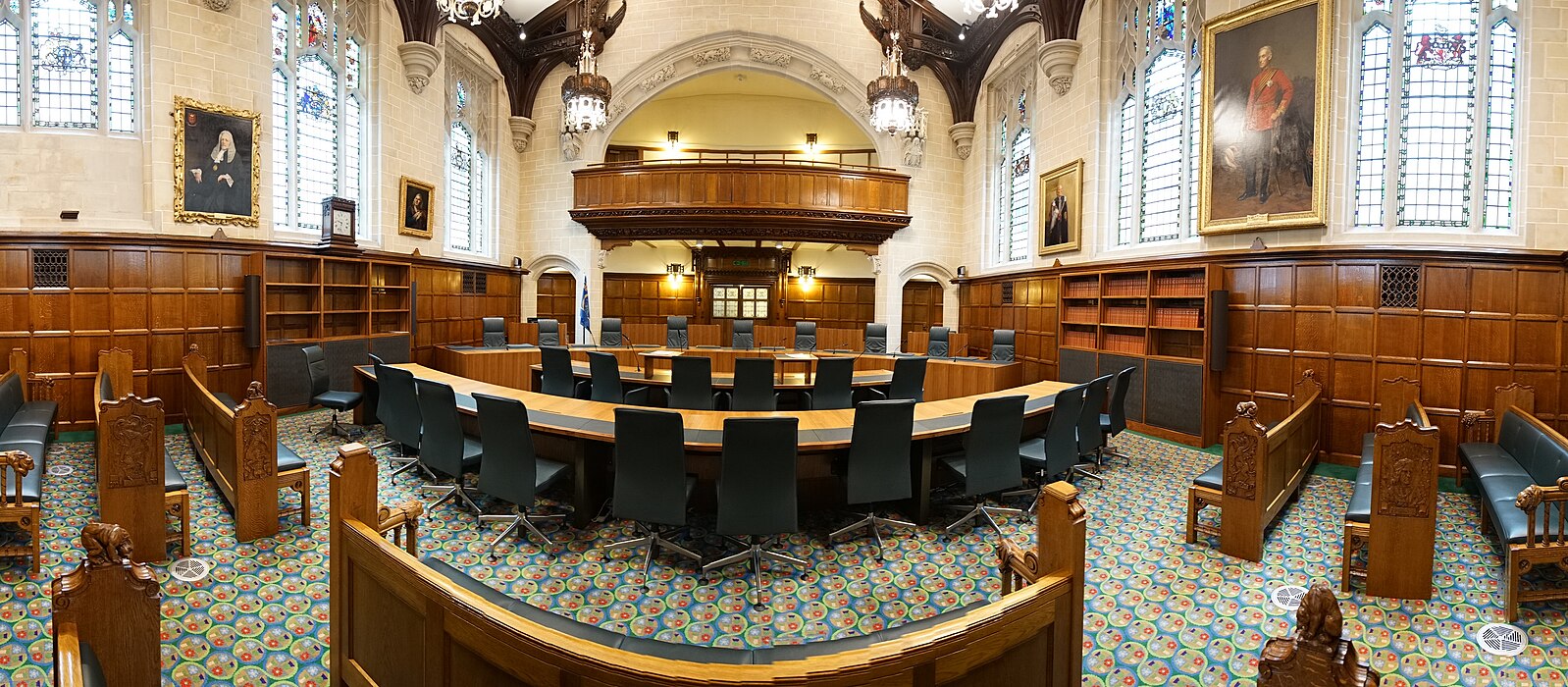Now Reading: Delhi High Court Backs Aishwarya Rai in Fight Against Online Misuse of Identity
-
01
Delhi High Court Backs Aishwarya Rai in Fight Against Online Misuse of Identity
Delhi High Court Backs Aishwarya Rai in Fight Against Online Misuse of Identity
In a significant legal win, the Delhi High Court has issued interim protection to Bollywood icon Aishwarya Rai Bachchan in a case surrounding her personality rights. On 9 September 2025, Justice Tejas Karia handed down the ruling to prevent misuse of her name, image, voice, likeness and reputation online; a protection that will stay in effect until the next hearing, set for 15 January 2026.
Rai’s petition accuses “rogue websites” of using her identity without authorisation: selling merchandise such as T-shirts and mugs bearing her face; posting altered or fake content via technologies like AI, deepfakes, and face morphing; and falsely suggesting that she endorsed certain products or even a so-called “wealth fund” she had no connection with. What is at stake is more than reputation; it is about preventing public confusion and defamation through misrepresentation.
The court’s order, released publicly today, forbids the creation or sharing of such exploitative merchandise or content. All URL links found to be infringing must be removed by e-commerce platforms and search engines like Google within 72 hours. Government agencies, including the Ministry of Electronics and Information Technology, have been asked to disable or block non-compliant sites.
Aishwarya now joins the list of Indian celebrities who have won similar legal recourse, among them Amitabh Bachchan, Anil Kapoor and Jackie Shroff in asserting control over how their personas are used. Her husband, actor Abhishek Bachcha, has also filed a petition along similar lines, but no interim order has yet been issued in his case.
This case strikes at the core of modern identity rights. In an age where digital manipulation is easy and reach is global, public figures are finding courts increasingly willing to draw clear lines: you can’t use someone’s face, words, image or likeness without permission, and if you do, the law may well come down swinging.









